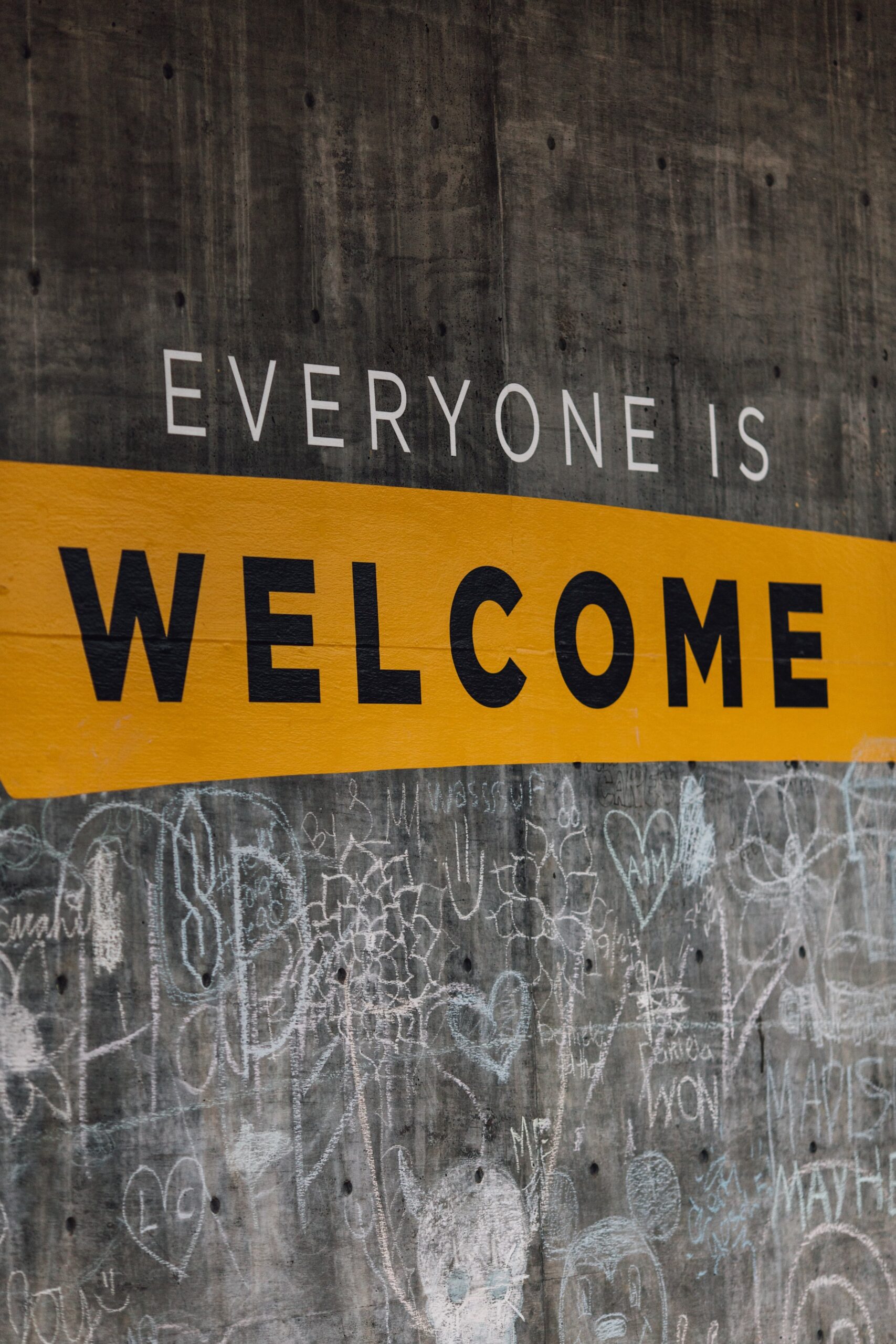Self Esteem

It is never easy when a friendship ends. It could have happened one of two ways, either you were the one to end it, or your former friend decided to. And it was likely due to so many reasons, either the friendship was toxic, codependent, a significant event, the relationship just drifted apart, etc. Romantic breakups are more talked about than friendship breakups, but they happen to everyone, and they can hurt just as bad.

Everyone has an understanding that having a strong self-esteem is important, but actually establishing positive self-esteem can be difficult. When we have higher self-esteem, not only do we feel better about ourselves, we become more resilient too. Another benefit of positive self-esteem is being less vulnerable to anxiety, due to reduction in the release of cortisol (the stress hormone).

When the concept of personality is mentioned, many people think of someone’s sense of humor or their general affect or their personal style, but in the field of psychology personality has a particular definition. This definition is according to the American Psychological Association (https://www.apa.org/topics/personality, 2022): “Personality refers to individual differences in characteristic patterns of thinking, feeling and behaving.”

It is common to feel nervous during social situations, but if you have social anxiety, everyday activities can be challenging. You may feel self-conscious and struggle with self-esteem. There are several ways to cope with social anxiety. Here are some tips to help you feel better and manage the day.

Summer has its expectations to be fun and relaxing, but if you are struggling with summer depression, it isn’t. For some people, there is a biological cause. For others, the stressors of summer can pile up and affect their mood. What makes it more difficult is that you feel like you’re supposed to have a great time. This blog can help you to make your summer easier and more enjoyable.

When one hears the word acceptance, it can bring up different definitions in different people. For example, many think that the term acceptance means viewing something as okay or that you are actively allowing it to be. This definition may be fitting for communicating these ideas but in the context of therapy, the term acceptance is used differently. In Dialectical Behavioral Therapy, acceptance is a large part of the process of change and is a difficult skill to master. In this context acceptance (sometimes used in the term Radical Acceptance) can be the most powerful tool in building your mental health throughout your life.

Take a minute to pause and evaluate your own social media usage. Do you find yourself becoming upset if you do not receive a specific amount of likes or comments? Have you ever altered a photo to fit a certain image? Or, have you been more consumed with getting the perfect post than being able to enjoy the moment? If you find yourself answering yes or taking too much time to think of an answer, you may need to reevaluate your social media usage. The following are some tips to utilize for social media without it becoming harmful.

One of the most important relationships that make up your life is the relationship that you have with yourself. The way that you treat yourself, talk to yourself, or even follow through on promises you’ve made to yourself can impact your overall mental health and wellbeing. It is easy to fall into a cycle of pleasing others and seeking external validation, however, this takes away from your ability to trust or even love yourself. The relationship you have with yourself also directly impacts the way in which you connect with others.

Many of us can acknowledge the value and importance of self-worth. Higher our self-esteem, we feel better about ourselves and are more resilient. When your self-esteem is higher, you are also less vulnerable to anxiety and stress. Even though it is great to have higher self-esteem, improving our self-esteem is no easy task.

An individual’s attachment style is their way to relate to other people. According to attachment theory, developed by a psychologist and psychiatrist in the 1950s, attachment style is developed in early childhood in response to their relationship with their caregiver(s). Our adult attachment style has been shown to mirror the early relationship we had with that caregiver. Attachment styles include the way we emotionally respond to others. The four adult attachment styles are: secure, anxious, avoidant, and fearful-avoidant (disorganized).